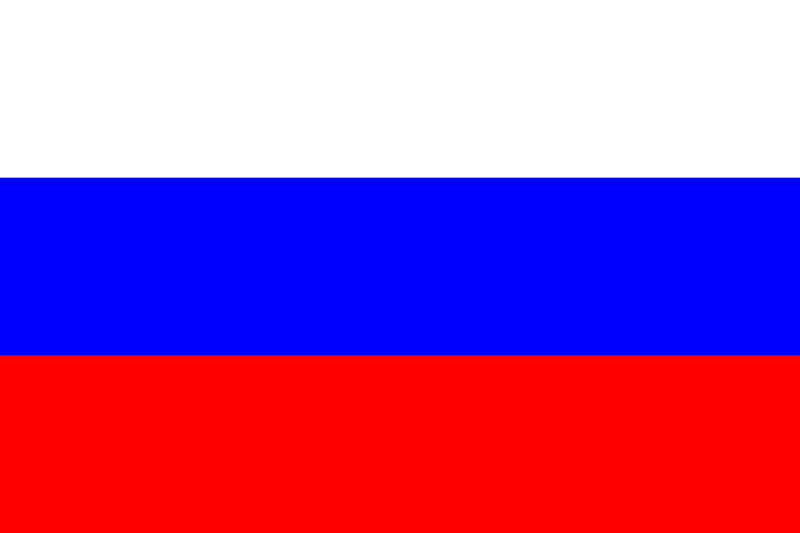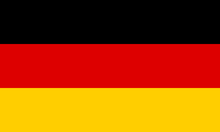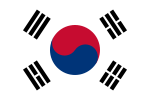
22. Olympic Winter Games
Olympic Medals in the games of 2014 in Sotschi
295 Medals in 15 Sports in 98 Events
After Moscow, Russia hosted the Olympic Games for the second time after 1980. From February 7th to 23rd, the subtropical town of Stoschi, located on the Black Sea, was the venue for winter games. Sochi had previously unsuccessfully applied for 2002. This time the city prevailed against Pyeongchang in South Korea. Pyeongchang should finally host the next 2018 Winter Games.
Similar to the 2008 Summer Games in Beijing, the cost of hosting Sochi didn't seem to matter. The organizing committee reportedly raised over four million dollars from private donors. Allegations of corruption were in the room. In total, the Winter Games are said to have cost fifty billion dollars, the same as the last five Winter Games in total. $ 1.4 billion was invested in security alone due to threats of attack. The United States issued a travel warning to Russia for US citizens because of the terrorist threat during the Winter Games.
In the Olympic Park were all ice rinks and also the Olympic Stadium, which was used for the opening and closing ceremonies. After the games, it became a football stadium. In the middle of the Olympic Park was the Medal Plaza. As usual in previous years, there was a flower ceremony right after a competition, in the evening the medals were ceremoniously awarded and the anthems played for various sports on the Medal Plaza in front of large spectators. Alpine and Nordic competitions, biathlon, bobsleigh, tobogganing, skeleton, ski jumping took place 30 to 40 km north.
The torch relay had premieres again. With an atomic icebreaker she was brought from Murmansk to the North Pole, 5000 km away, in four days. The torch also sank to the bottom of Lake Baikal, which at 1642m is the deepest south water lake in the world. In 2008 the Chinese had the Olympic Torch on Mount Everest. This time it went even higher: the torch was flown from the Baikonur Kazakh spaceport to the International Space Station with a rocket. There was carried on a space excursion in free space. Of course without a flame, this would not burn in space due to a lack of oxygen. But even during the flight into space and on the ISS, there was no flame for safety reasons and to avoid burning valuable oxygen. The Olympic Torch was already in space in 1996 and 2000, and has never been in space before. This event was proudly broadcast live on television.
Opera star Anna Netrebko sang the Russian anthem at the opening ceremony. Vladimir Putin opened the twenty-second Winter Olympics. Some high-ranking politicians decided not to travel to Russia to protest human rights violations.
The most successful participant was the Russian Viktor Ahn with three gold and one bronze medal in the short track. The athlete appears in the medal statistics with another three gold and one bronze medal under the name Hyun-Soo Ahn. In 2006 he started in Turin for South Korea and was born in Seoul. An injury before the 2010 Olympics prevented him from participating in Vancouver in 2010. Since South Korea has a lot of extremely good short track runners, Ahn was no longer nominated by the association. Therefore, the citizenship changed and started for Russia in 2011. With his six gold and two bronze medals, he is the most successful short track athlete.
Norwegian cross-country skier Marit Björgen added three more gold medals to her Vancouver medal collection. Belarusian biathlete Darya Domracheva dominated her sport by winning three gold medals.
The world-famous star violinist Vanessa Mae competed under her real name Vanessa Vanakorn in the Alpine giant slalom for Thailand. Of course, she had not met the FIS qualification standards, but was allowed to start because she got a quota place from the IOC so that Thailand even had participants in these winter games. It was sixty-seven and last, fifty seconds behind. However, she had left twenty-three competitors out of the game.
Again there were doping cases and three medals were withdrawn. The allegations of doping against Russian athletes became more intense, and they should prove true a few years later. Russia took first place in the medal table, just ahead of Norway and Canada.
























